Beyond its dazzling lightsabers and iconic characters lies a treasure trove for writers: countless invaluable lessons in the art of storytelling expertly served up by creator George Lucas.
We gathered just a few of those lessons for you to get a quick master class in narrative structure and crafting a compelling tale that will resonate across generations.
Here are five invaluable writing tips from one of the most iconic franchises in cinematic history:

George Lucas famously drew inspiration from Joseph Campbell's concept of the "Hero's Journey" when crafting the story of Luke Skywalker.
The concept of the Hero's Journey was first outlined in Campbell's 1949 book, The Hero with a Thousand Faces, as a universal motif of adventure and transformation that runs through virtually all of the world’s mythological traditions. The concept is characterized by a hero who leaves the ordinary world, faces trials, and returns home transformed. Sound familiar?
Today, the Hero's Journey is found all across media — from fairy tales and books to films and video games. In fact, George Lucas has publicly said that he wrote "many drafts" of what would become Star Wars, but it wasn't until he read The Hero with a Thousand Faces that he was able to hone in on what would become the essential story and characters of the saga.
(The two writers even met eventually, and watched the original trilogy together.)
As a writer, consider whether the hero's journey fits your story. The roadmap may not resonate with every writer, but it just might give essential structure to that story you've been trying to tell for years.

At the heart of Star Wars lies a profound exploration of universal themes like redemption, the power of hope, and good versus evil. For example, take the iconic clash between the Jedi and the Sith.
Through characters like Luke Skywalker and Darth Vader, we witness the complexities of morality and the potential for redemption.
By tapping into timeless concepts like these, writers can create narratives that resonate across cultures and generations. Whether your story is set in a galaxy far, far away or in the confines of everyday life, infuse it with themes that speak to the common human experience.

Lucas had a background in visual arts, which heavily influenced his approach to storytelling. But you don't need to be an artist to create a vivid world.
As a writer, strive to visualize your story in your own way, considering how each scene will unfold on the page. Whether through sketches, diagrams, or simply vivid imagination, cultivating a strong visual sense can enhance the impact of your writing — whether you're writing for the screen or for the page.

From the wise mentorship of Obi-Wan Kenobi to the villainous allure of Darth Vader, George Lucas excels at creating characters that resonate with audiences long after the credits roll.
When developing your own characters, focus on crafting individuals with depth, complexity, and memorable traits. Whether they're heroes, villains, or somewhere in between, give your characters distinct personalities, motivations, and arcs that captivate readers' imaginations.
This is especially important when you're working with fantasy creatures or even robots and droids. Think of all the personality traits and the deft personification that make R2-D2 so lovable!

While the final version of Star Wars may seem like a seamless masterpiece, the reality is that it underwent numerous revisions and iterations throughout the creative process.
Lucas wasn't afraid to rework scenes, dialogue, or even entire storylines in pursuit of the best possible outcome.
As a writer, embrace the revision process as an opportunity to refine and improve your work. Be willing to solicit feedback, make tough decisions, and constantly strive for excellence in your craft.
--
The contributions of Star Wars to the sci-fi genre, and society at large, are immeasurable. By embracing some of the techniques that led to the creation of such a classic, you can level up your storytelling skills and just maybe create what will become the next Star Wars.
So, grab your Freewrite (or lightsaber) and let the Force guide you on your own epic writing journey.



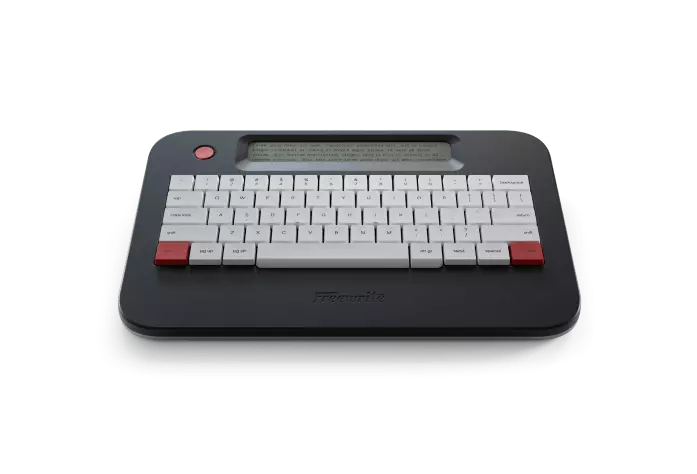

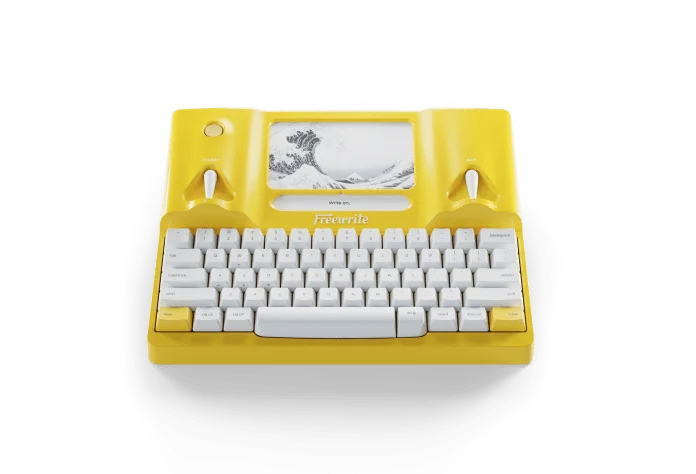
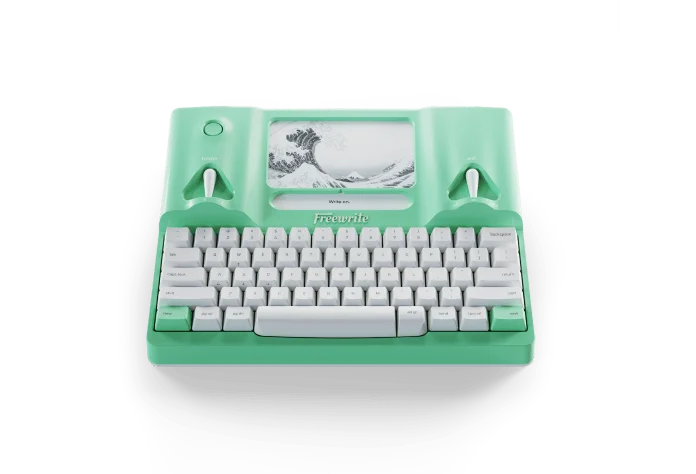
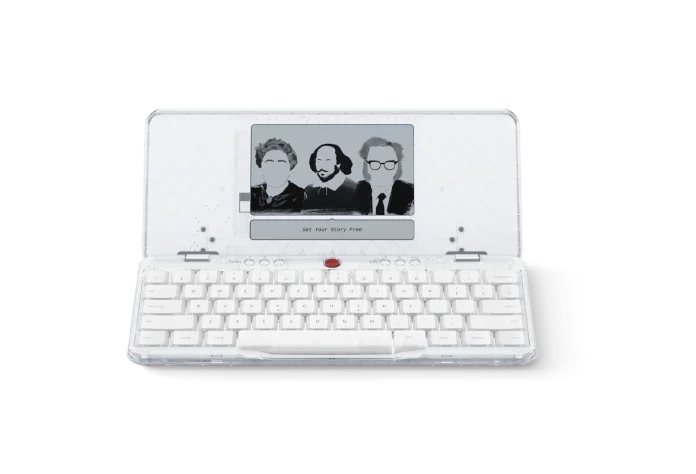
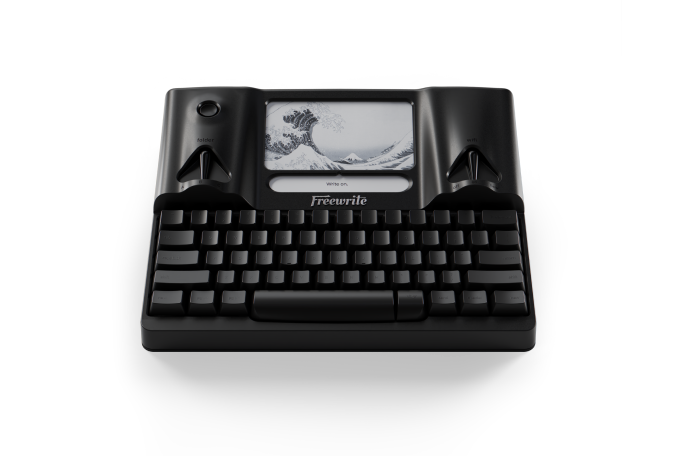






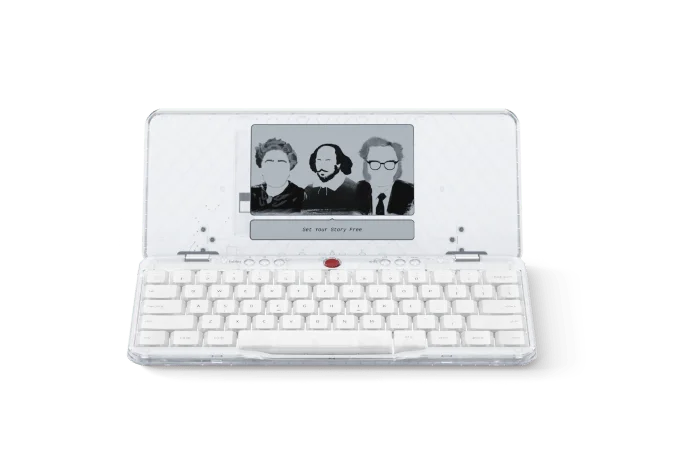
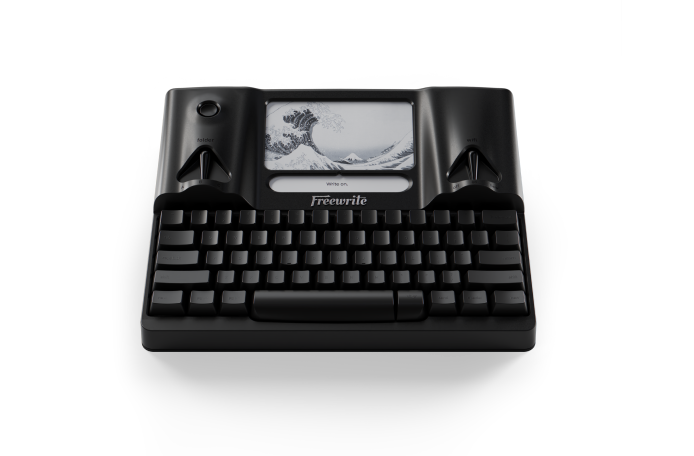









 Annie Cosby is the Marketing Manager at Freewrite, a former fiction editor, and the author of seven books — and counting. Her work deals with Celtic mythology and has twice won the YA Indie Author Project in Missouri.
Annie Cosby is the Marketing Manager at Freewrite, a former fiction editor, and the author of seven books — and counting. Her work deals with Celtic mythology and has twice won the YA Indie Author Project in Missouri.
